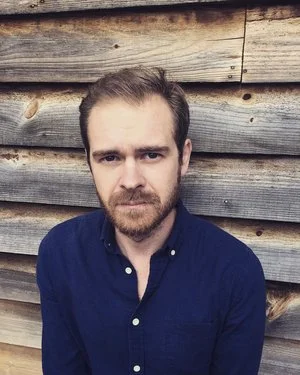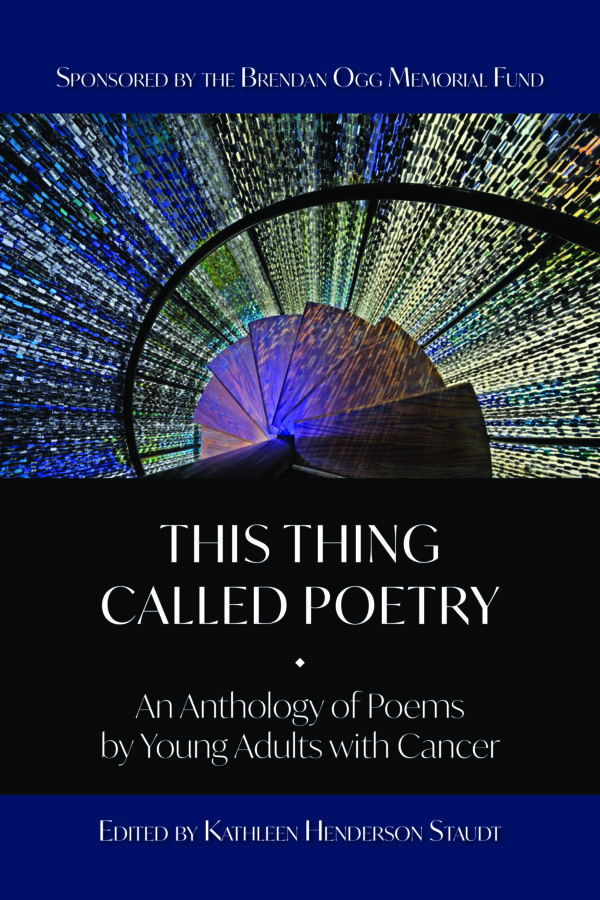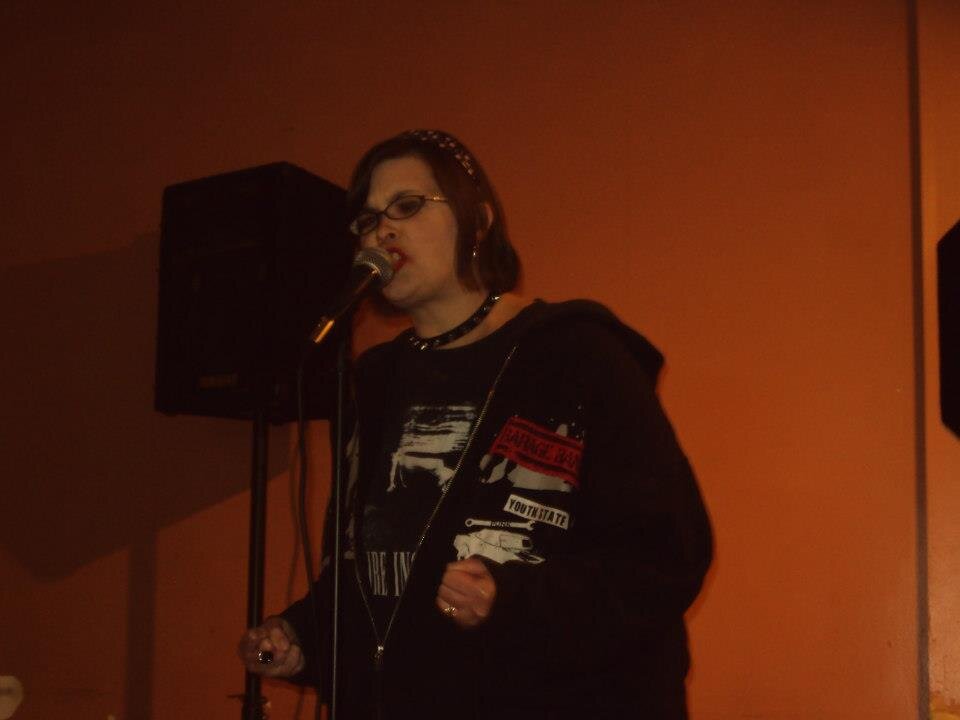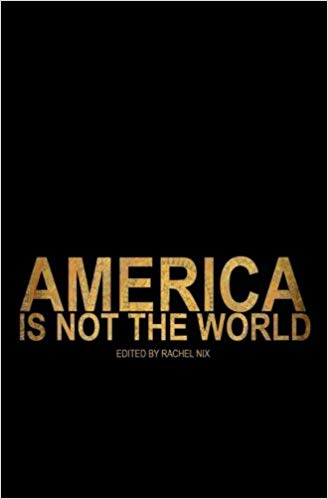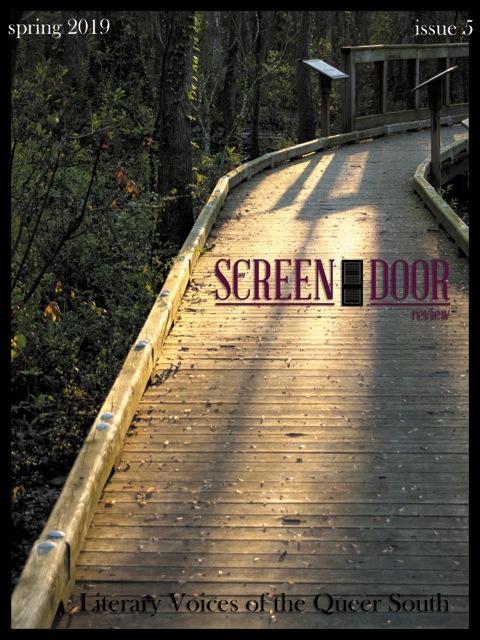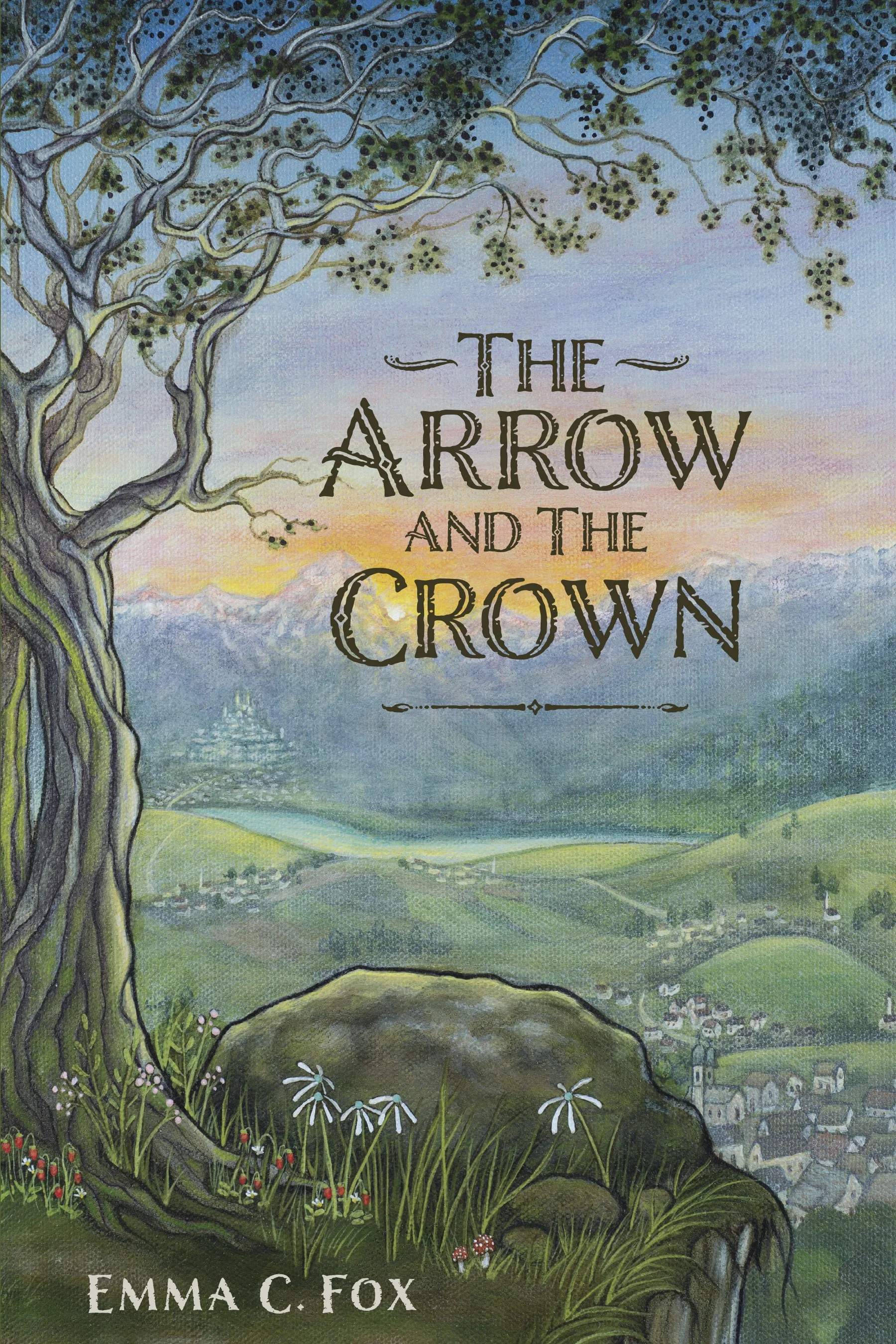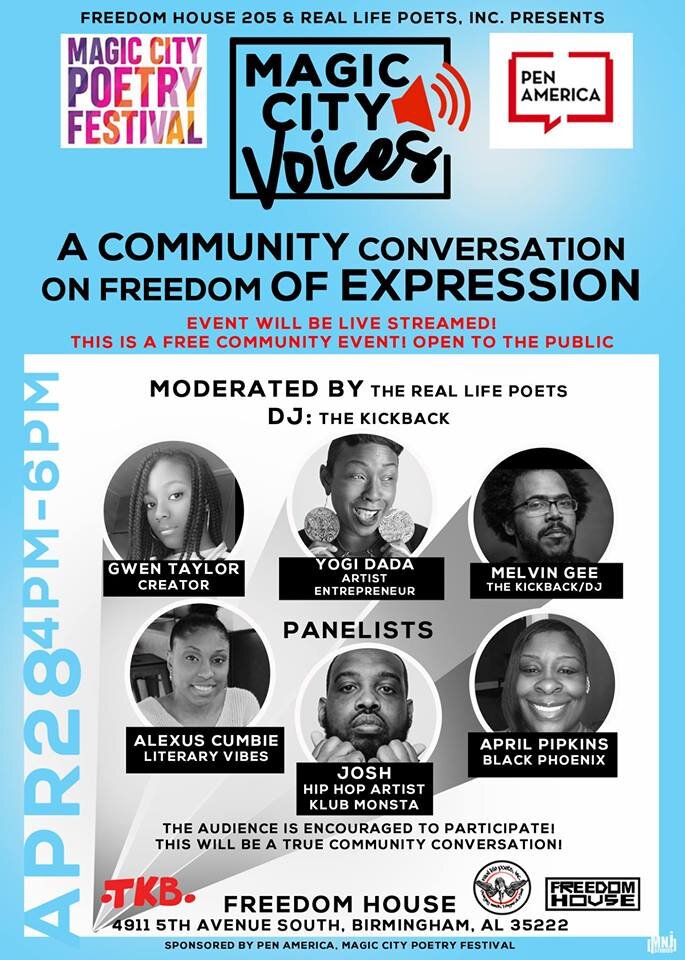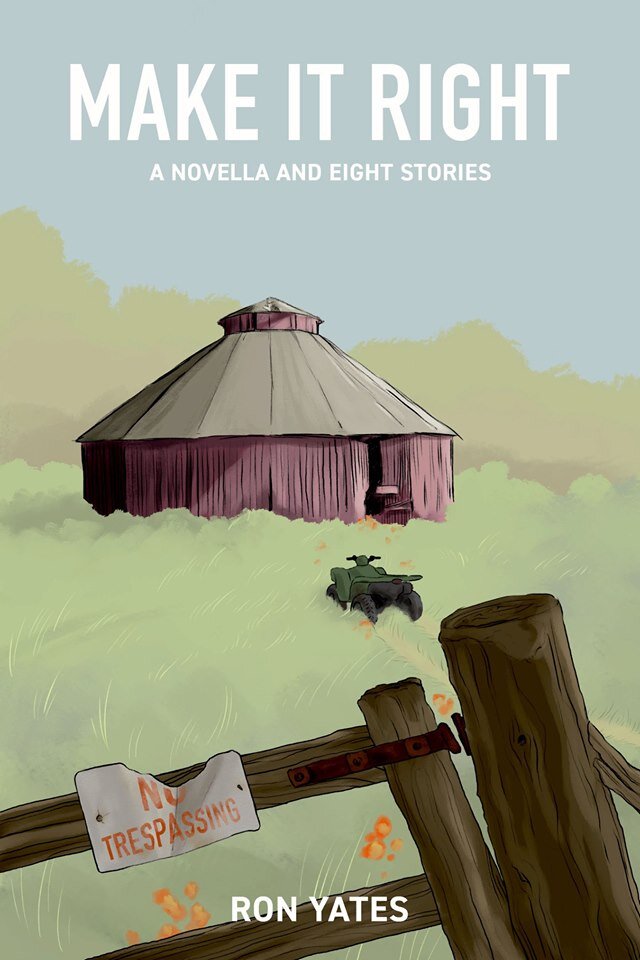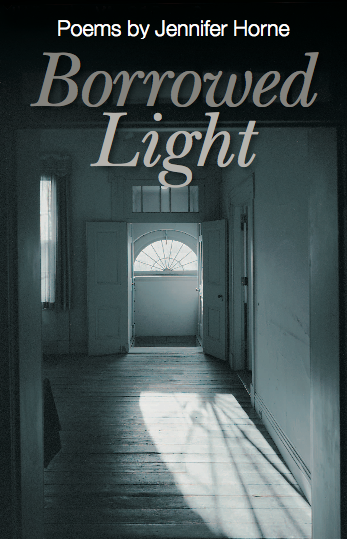Nathan Poole is the author of two books of fiction, Father Brother Keeper a collection of stories selected by Edith Pearlman for the 2013 Mary McCarthy Prize and long listed for the Frank O’Connor Award, and Pathkiller as the Holy Ghost selected by Benjamin Percy as the winner of the 2014 Quarterly West Novella Contest. He is a recipient of the Narrative Prize, a Milton Fellowship at Seattle Pacific University, a Joan Beebe Fellowship at Warren Wilson College, and A Tennessee Williams Scholarship at Sewanee School of Letters. His work has appeared in various journals, including The Kenyon Review, Ecotone, Narrative Magazine, Image, Quarterly West, and The Chattahoochee Review.
Nathan Poole in an interview with The Kenyon Review
Everything I write begins as an image or a scrap of language and nothing more than that. Somewhere in the drafting process, usually before I have a full draft, I begin to discover the thematic drive that will come to reshape the story. With this story, all I had was an image of a young couple walking together at the state fair, and the guy had a bad shiner. That image immediately had the twinkle and extension of metaphor and I liked the language and the little scene around it, so I went with it. I realized, after a few weeks, and after that scene was cut and rewritten, that this story was becoming an important vehicle for me to deal with incidents in my own life that have disturbed my sense of masculinity.
Almost every woman in my life that I’ve spent time with in public, including my wife, has had something hollered at them by a man that was humanity-curdling. It’s wild the things guys will yell from a car, the level of detail included, and the sense of possession and anger in what they yell. And it’s especially strange being a male and being present for these things. It throws you into a crisis, or it should, right? You’re not the victim, but you share in some of the hurt. And besides the anger, which is obvious, you’re also filled with something else, which is perhaps the shame or fear that you’re somehow culpable, that there is something planted deep inside you that is being represented, made acute. It’s hard to explain this feeling, which is why, I guess, I needed to write the story.
In Peter Orner’s “Five Shards,”—a sequence of five stories that I discovered after writing this one, one of which has a similar plot—he uses the phrase “vinegar light.” Other than representing his gift as a writer, those words absolutely describe the atmosphere that appears after something like this has happened. For whatever reason, I needed to linger in the strangeness of that light, the bitterness and absurdity of it, and to see what I could make of it. And so the story.
Nathan will be offering the following workshops and lectures at the conference this year:
“WHAT CHICKEN?: STUDYING PROCESS IN FLANNERY O’CONNOR’S FIRST DRAFTS”
A few years ago, Nathan Poole had the privilege of spending several days in the archives at Georgia College, sitting in a glass room, furiously reading Flannery O’Connor’s manuscripts, typing up entire early drafts. In this workshop, he will outline some of his findings as participants examine the moves O’Connor made as she worked on one of her last short stories, “Parker’s Back.” (Attendees to this workshop should try to read a copy this story before attending. Download here.)
KEYNOTE: “MARGINALIZED CHARACTERS AND THEIR CORRELATIVES” by Nathan Poole
One could argue that the modern short story was born as an outside form in the same moment it embraced outsiders as its subject. If that’s true, it might also be true that “the marginal” is an encoded, even ancestral force in the imagery of short stories. With this in mind, it might do us good to study a few fiction writers, both historical and contemporary, who make compelling use of imagery and characters on the fringe and to see what techniques are at play in the combination of these elements.


